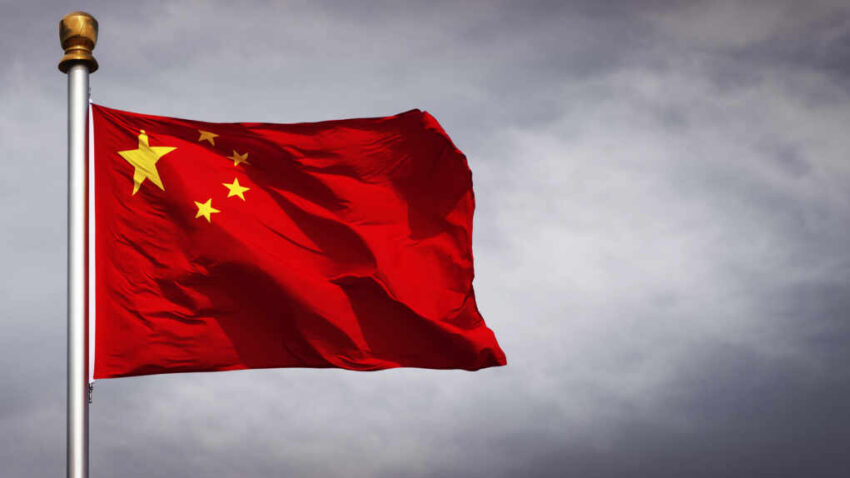China has maintained a cautious diplomatic stance during the recent Israel-Iran conflict, condemning Israeli strikes on Iran while refraining from direct military involvement.
At a Glance
- The conflict began in June 2025 with Israeli airstrikes targeting Iran’s nuclear sites.
- Iran retaliated with ballistic missiles and drones against Israeli targets.
- The U.S. authorized airstrikes on Iranian facilities and brokered a ceasefire.
- China condemned Israeli strikes but called for de-escalation and diplomacy.
- China seeks to maintain strategic interests without military involvement.
Escalation Sparks Global Tensions
The conflict ignited when Israel launched a series of airstrikes on Iran’s nuclear facilities, including the Natanz enrichment site and missile infrastructure. In retaliation, Iran fired ballistic missiles and drones at Israeli locations. The United States, under President Donald Trump, conducted its own airstrikes on Iranian nuclear sites and helped broker a ceasefire, moves viewed by China as signs of U.S. unilateralism and instability, as reported by Fox News and Time magazine.
China’s response emphasized restraint and dialogue, condemning Israeli strikes while urging peaceful resolution. This stance contrasts sharply with the U.S.’s assertive military actions, positioning China as a potential stabilizing actor in the region, according to Time.
This approach underscores China’s preference for stability and non-interventionism in the region. Despite its economic ties with Iran, including being a major purchaser of Iranian oil, China has avoided entanglement in the military aspects of the conflict, according to an analysis by Time magazine.
China’s Calculated Diplomatic Strategy
Aligning with its broader foreign policy, China avoids direct military involvement in Middle Eastern conflicts, focusing instead on preserving economic and diplomatic ties with key regional players. By staying out of the fighting, China safeguards its global standing and strategic interests amid rising tensions, experts note in the Wall Street Journal.
This approach also reflects China’s long-term geopolitical ambitions. By presenting itself as a neutral mediator advocating for dialogue and stability, China aims to expand its influence in the Middle East without alienating key partners. Analysts suggest Beijing’s careful balancing act is designed to protect its energy supplies, foster trade relationships, and counterbalance U.S. dominance in the region.
As the situation stabilizes, China may increase its role as a diplomatic mediator, offering an alternative to the U.S.’s interventionist approach. This evolving dynamic could reshape geopolitical alignments and influence China’s relations with Middle Eastern countries and Western powers alike.
Click this link for the original source of this article.
Author: Editor
This content is courtesy of, and owned and copyrighted by, https://deepstatetribunal.com and its author. This content is made available by use of the public RSS feed offered by the host site and is used for educational purposes only. If you are the author or represent the host site and would like this content removed now and in the future, please contact USSANews.com using the email address in the Contact page found in the website menu.








